“While elephants may be known for their strength and size, their backs are not naturally designed to carry weight, as their spines extend upwards,” Wildlife Friends Foundation Thailand project director Tom Taylor said in a release featuring a 2007 photo of an elephant with a sunken spine that had been forced to carry tourists for 25 years.
“Constant pressure on their backbones from tourists can result in permanent physical damage.”
Despite this alleged cruelty, elephant parks in Bali are remarkably popular with tourists. Of more than 6,000 reviews for Bali Zoo, 86 per cent come with either an “excellent” or “very good” rating.
Bali Safari and Marine Park has an average score on Google of 4.5 stars out of five based on more than 20,000 reviews. Mason Elephant Park and Lodge scores four out of five stars on both Google and TripAdvisor.
Tasta Zoo is the only outlier, though not by far. Of a little over 100 reviews on Google, it has an average rating of 3.6 stars.
Do the number of positive reviews – coupled with research that claims captive elephants may benefit from being ridden – suggest elephant camps in Bali are not as terrible as WAP is urging us to believe?
To find out more, I visited two of the four elephant parks in Bali: those with the best and worst reviews, beginning with Tasta Zoo, also known as Tasta Wildlife Park.
Set under the gaze of an extinct volcano in the lush green hills of central Bali, Tasta features wide concrete footpaths that zigzag down a hill past large clean enclosures housing tropical birds and bored-looking orangutans.
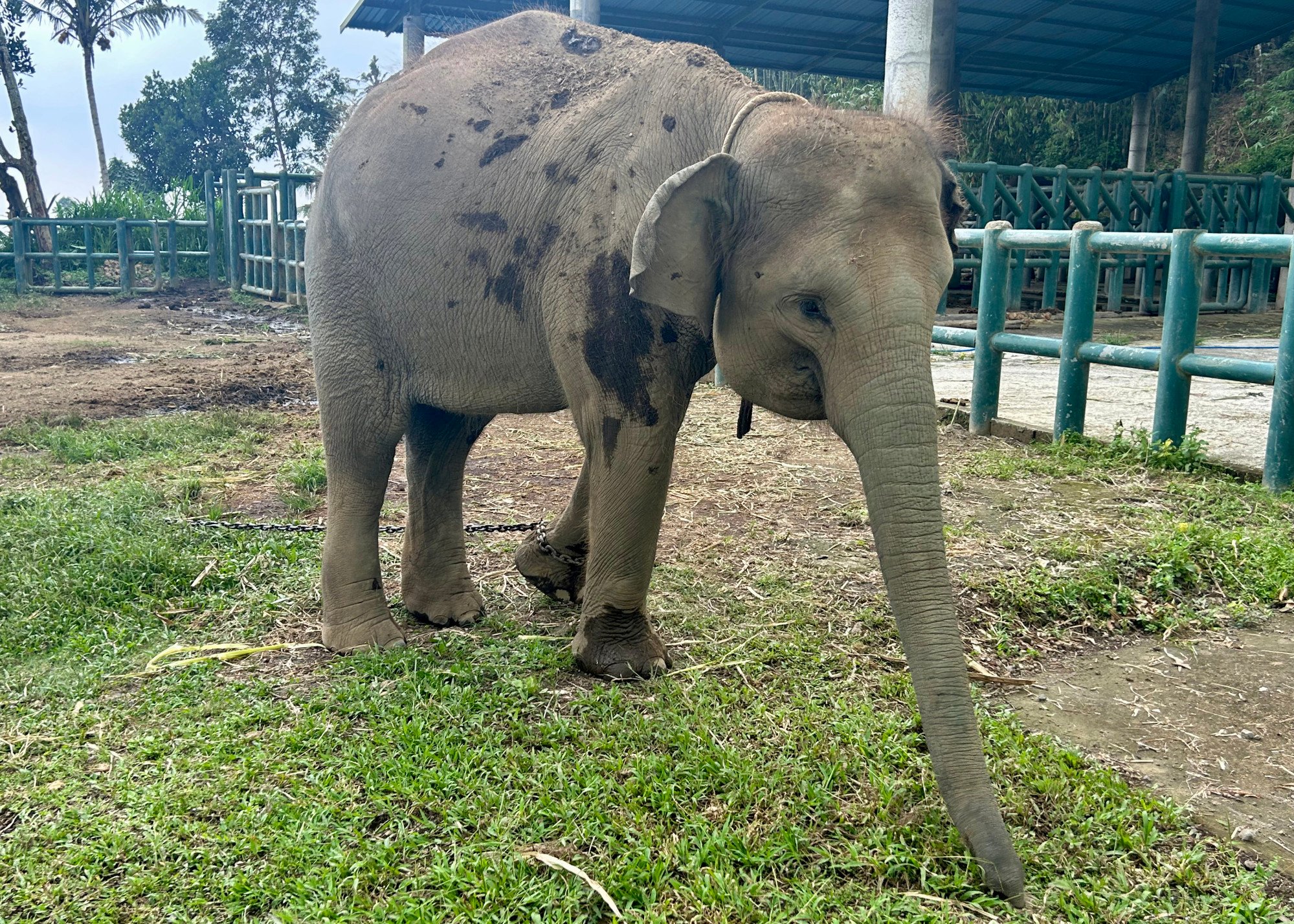
Near the back of the park is a large concrete bowl where I see two fully grown elephants tethered to short chains standing with their mahouts, as their handlers are called, for visitors to take selfies with or pay for rides.
The elephants appear anxious, repeating a short to-and-fro movement while pulling restlessly on their chains.
Elephants should not be tethered all day, says Muhammad Tauhid, chief veterinary officer for Yayasan Action Indonesia, a conservation group in Java.
“There is no need to chain them, especially with a very short chain, when there is a mahout, as the mahout should be able to control the elephant on his own,” says Tauhid.
“It is not good for the elephant’s psychology, and the repetitive movement I see in the video you sent me is an indication of their stress.”
A spokesman for Tasta says: “There are times when elephants are free to do their activities and are not chained. Usually, if the elephant is chained, it is because the handler is not there.”
They do not, however, say how many hours on average the elephants are untethered each day.
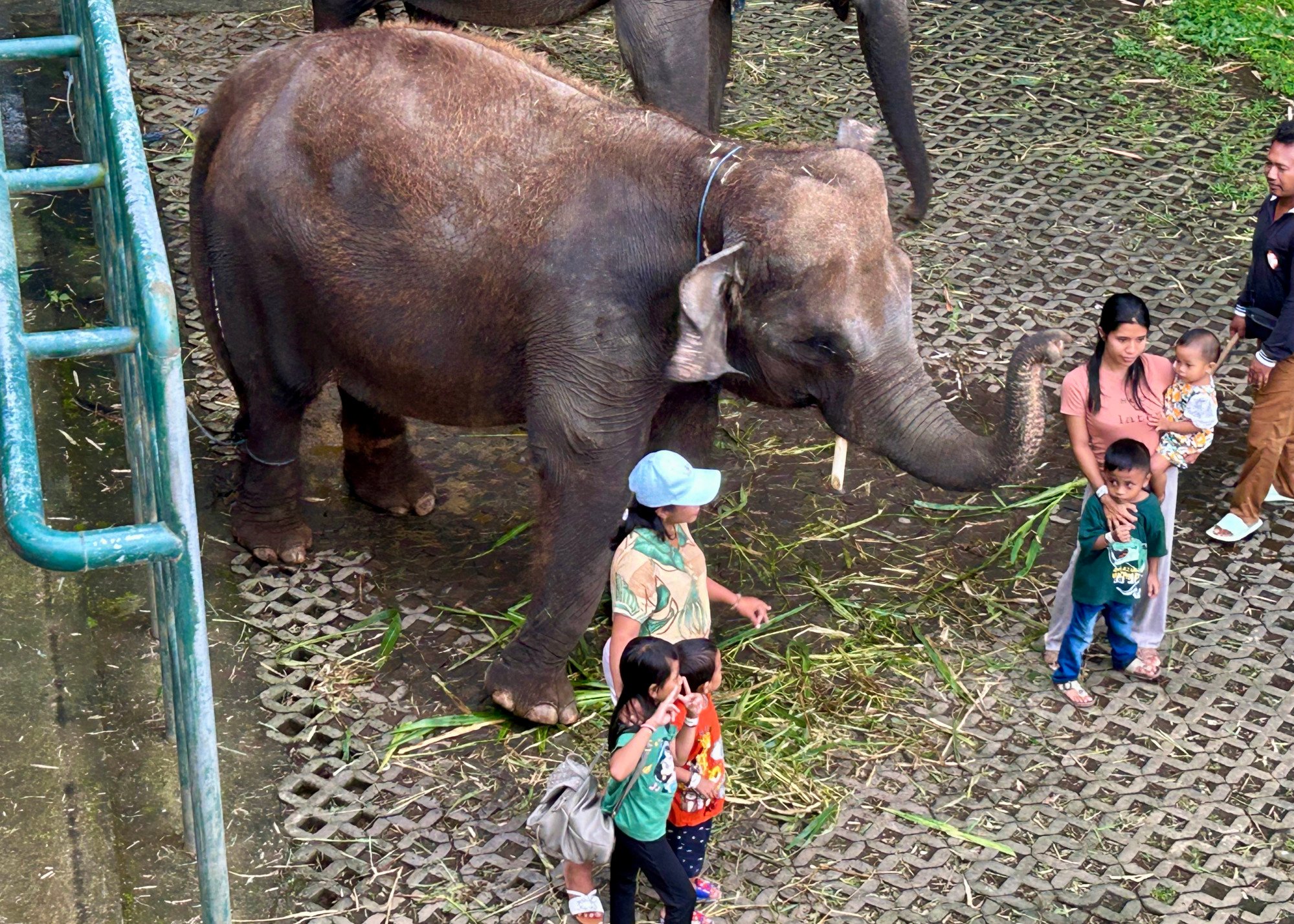
Before leaving, I visit the area at the back end of the zoo where the elephants sleep and eat. There, in an undercover shed, are three fully grown elephants eating while tethered to short chains anchored into a concrete slab.
This is problematic, says Tauhid: “Problems arise in elephants’ nails if they stand on concrete all the time. The nails will crack and this will lead to more serious problems when inflammation occurs. The zoo should create soft tracks for the elephants to walk on.”
The following day I visit Mason Elephant Park and Lodge, which lies about half an hour’s drive north of Ubud, the spiritual capital of Bali.
Founded in 1997 by Australian Nigel Mason, the attraction is home to 26 elephants, six of which were bred on-site, the other 20 having come as adults from Way Kambas, a state-run sanctuary on the Indonesian island of Sumatra where wild elephants are placed to save them from farmers who poison or shoot the animals to protect their crops.
Seventy per cent of the Sumatran elephant’s habitat has been destroyed in the past 30 years for agriculture, part of a wider decimation of Indonesia’s rainforests – once a thriving ecosystem and haven for exotic animals – that environmental advocacy group Greenpeace has described as “the fastest transformation of an entire landscape that has taken place anywhere in the world”.
In this time, the population of Sumatran elephants – a subspecies of the Asian elephant – has been cut in half, according to the WWF, with estimates of how many are left in the wild ranging from around 1,000 to 2,000 animals.
“While some people think all elephants should live in the wild, the reality is that many captive populations face less threats than wild populations,” reads information on the website of Asian Captive Elephant Standards (ACES), a non-government regulatory body for elephant camps based in Thailand.
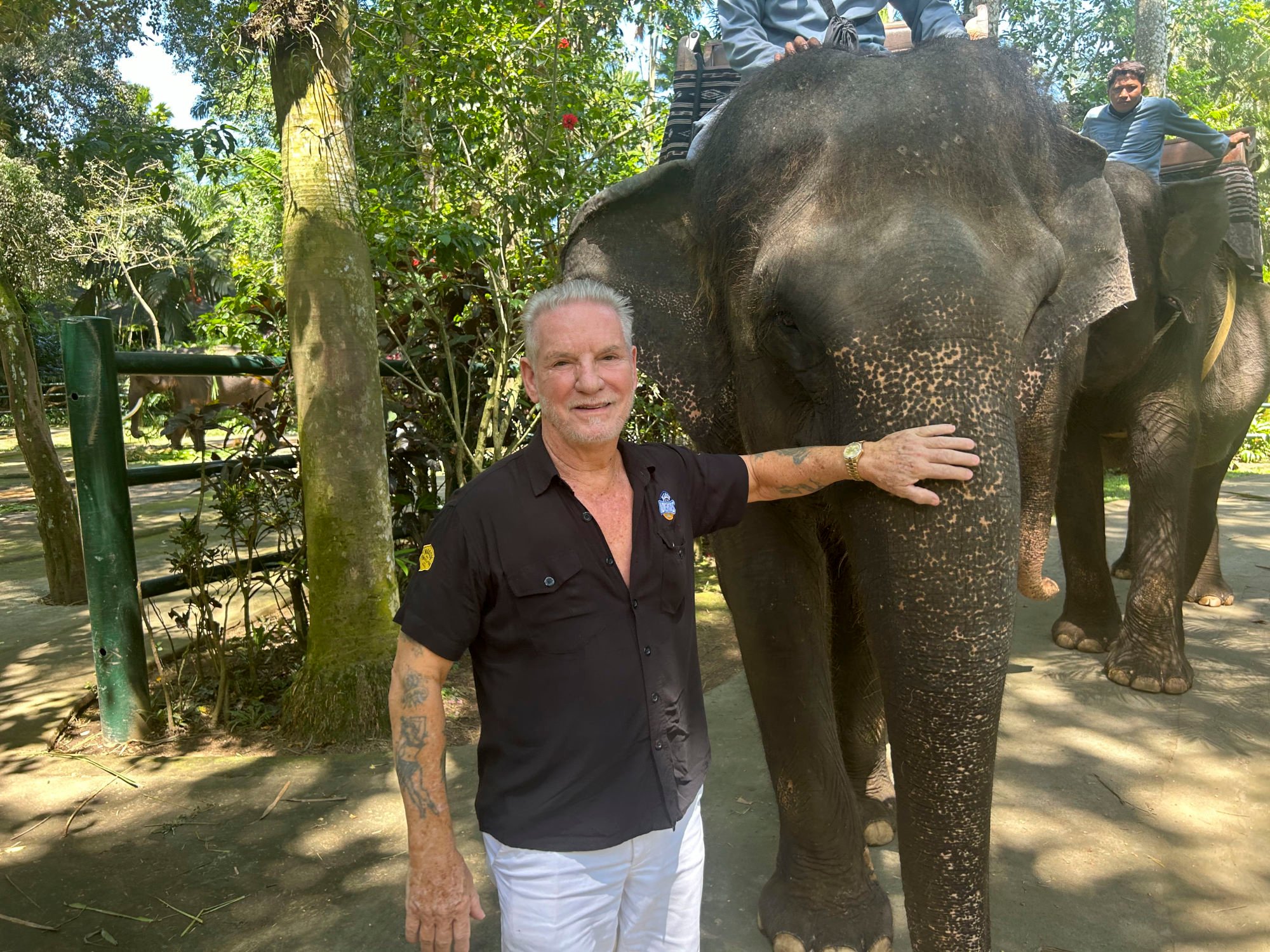
“Human-elephant conflict, forest degradation and poaching have seen wild elephant populations plummet. Elephant-based tourism has the ability to conserve elephant genetic diversity while continuing the ancient art of elephant ownership.”
Mason’s is the only park in Indonesia certified as an elephant rescue centre by ACES, whose members must achieve a perfect score from a list of 190 criteria covering animal management, veterinary care and welfare.
The park also has a no-punishment policy for training and controlling elephants, and several employees have been sacked for breaking the rules, most recently in 2022, says Mason, when a visitor reported seeing a mahout hit an elephant on the head with a wooden pole.
The park has also invested in special paths made of crushed sandstone and river sand that do not absorb excessive heat and are easier on an elephant’s sensitive feet and toes.
Despite these efforts, though, Mason Elephant Park is just the best of a bad bunch, says Femke den Haas, a Dutch veterinary surgeon who has worked on the front line of animal welfare in Indonesia for more than 20 years and is a co-founder of the Jakarta Animal Aid Network.
Mason “takes the best care of the animals compared to all the other parks but the elephants are still required to ride with people every day and take photos with tourists”, she says.
“I dream of having a park in Bali where elephants can roam around freely in enclosures and people can come and learn about them without having to ride them or hold them or wash them.”
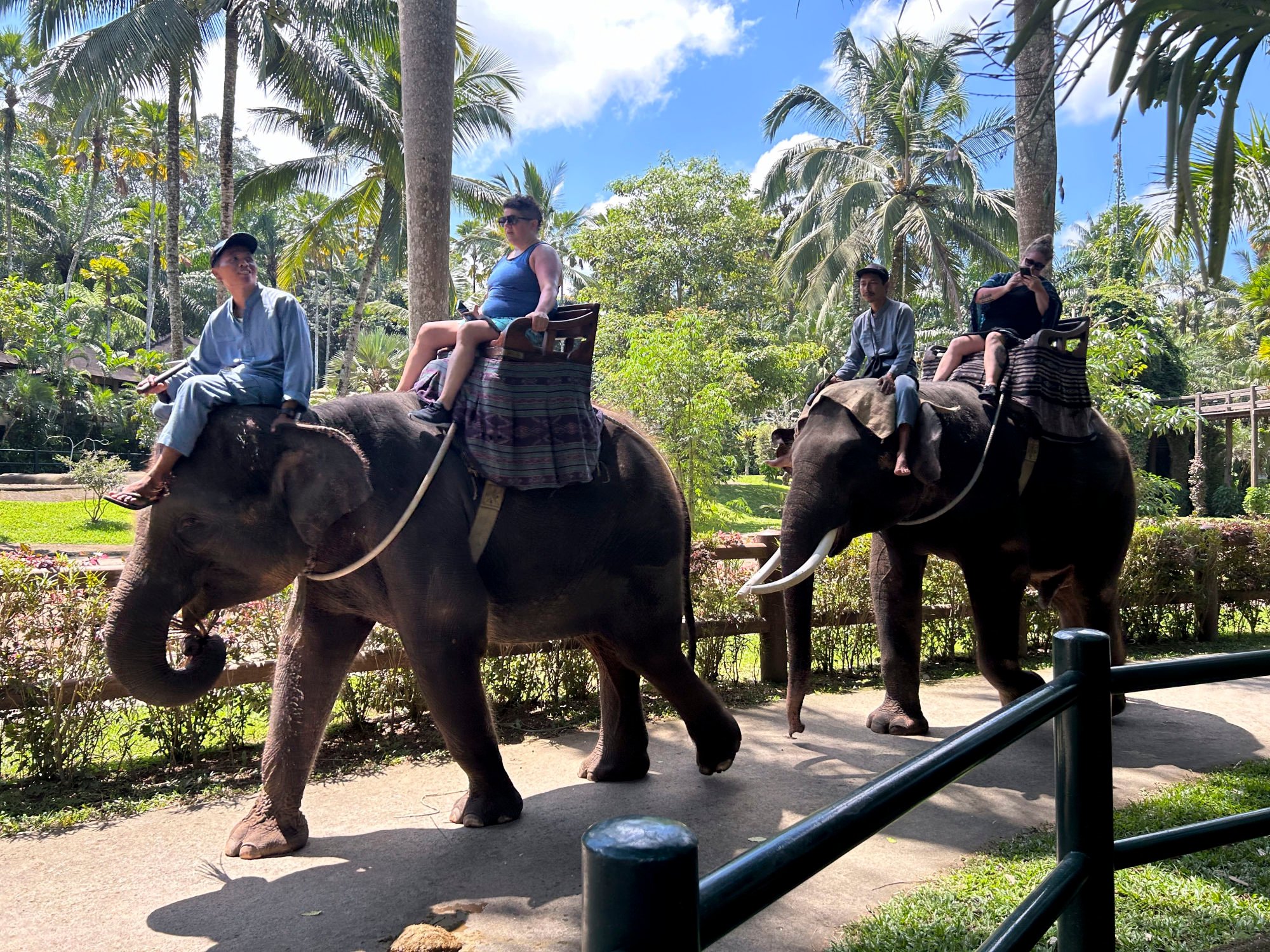
Nigel Mason says this is not the same dream his elephants have.
“Elephants are not docile creatures,” he says. “They like to be involved not only with each other but with humans, too.
“Mankind shares a 5,000-year-old history of working together with elephants. The last thing an elephant wants is to stand around all day doing nothing,” he adds, referring to the fact captive elephants simply cannot roam over 20km (12.4 miles) foraging for food, as they would do in the wild.
“If they are not stimulated, they get very stressed out. Physically, it’s not good for them either: their feet rot out and they can no longer stand up and have to be euthanised. That’s why we do elephant rides.”
However, he does admit that “we are a business as well as an elephant rescue and breeding centre. We don’t get government funds, we don’t solicit donations. All our elephants need to earn their keep, just like anyone else does.
“We know from parks where they have stopped riding elephants and deprived themselves of income, they are going bankrupt, and then they don’t feed the elephants properly.
“We saw this during Covid, when two parks in Bali that are now closed just left their elephants to starve because they didn’t have any income. There has to be a balance, a compromise.”
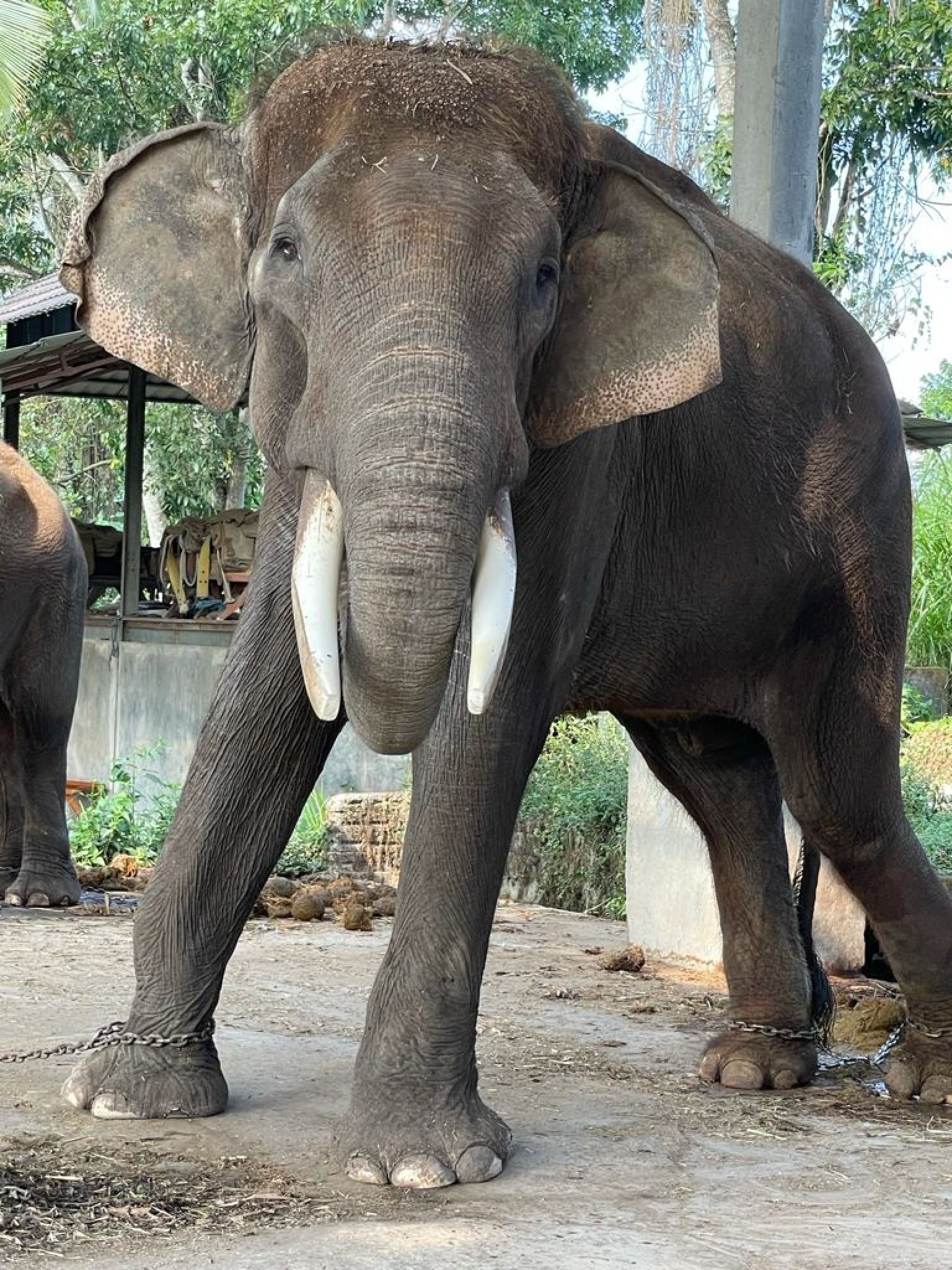
The widely distributed 2007 photo of the elephant with the bent spine is a ruse, Mason claims.
“The elephant was born with a spinal deformity but unfortunately some people are more gullible than others. We have been riding our elephants for 27 years and never seen spinal problems.”
Tauhid of Yayasan Action Indonesia says the same thing. “I have worked in elephant camps in Cambodia, Laos, Thailand and Indonesia where they do rides and I have never seen an elephant with a bent spine like that,” he says.
“I don’t know if the photo is real or fake, but if it is real, it’s only one out of 1,000.”
Christopher Stremme, an associate lecturer in elephant medicine at Syiah Kuala University, in Banda Aceh, Sumatra, says activists should be more concerned about people riding horses than elephants.
“If you look at the anatomy and biomechanics of an elephant, it is in fact much stronger and much better built to carry weight on its back than a horse.
“For an elephant, an activity like walking with a relatively small amount of weight on its back for several hours a day is actually very important. They have to be exercised.”
Studies that assume that all the needs of complex, endangered wild animals such as elephants could be fully met in such an industry are based on a principally flawed, industry-biased premise
A March post on the ACES website states that: “In captivity, where elephants may not have the same need to walk long distances to acquire food and water, daily exercise becomes paramount.”
It also states: “In fact, in a related study by Norkaew et al in 2018 it was found that exercise in the form of riding was associated with lower stress hormones and healthier metabolic profiles.”
What about the two parks in Bali that I did not visit? Mason admits neither has the same standards for animal welfare as his park. “But they’re not so bad that they should be attacked by people who don’t know what they’re talking about,” he says.
“There’s a huge imbalance in the reporting on elephant parks, and I’ll tell you why. These animal welfare groups have big boards and managing directors with fat salaries and they fly around the world on business class attending conferences. How do they pay for it? By making headlines.
“No one is going to give them donations without a good reason, so they make up or exaggerate stories about elephants being mistreated and crooked spines that are not based on science.”
In response, WAP would not dignify Mason’s jibe about funding with a response, describing it as “low-hanging fruit for any critic of NGOs”.
But Dr Jan Schmidt-Burbach, WAP’s head of animal welfare and research (wildlife), does say: “Various studies on captive elephant management have been published over the past few years in Thailand. While some of the findings are helpful to better understand the conditions for captive elephants, many are authored by researchers without deep animal welfare expertise.
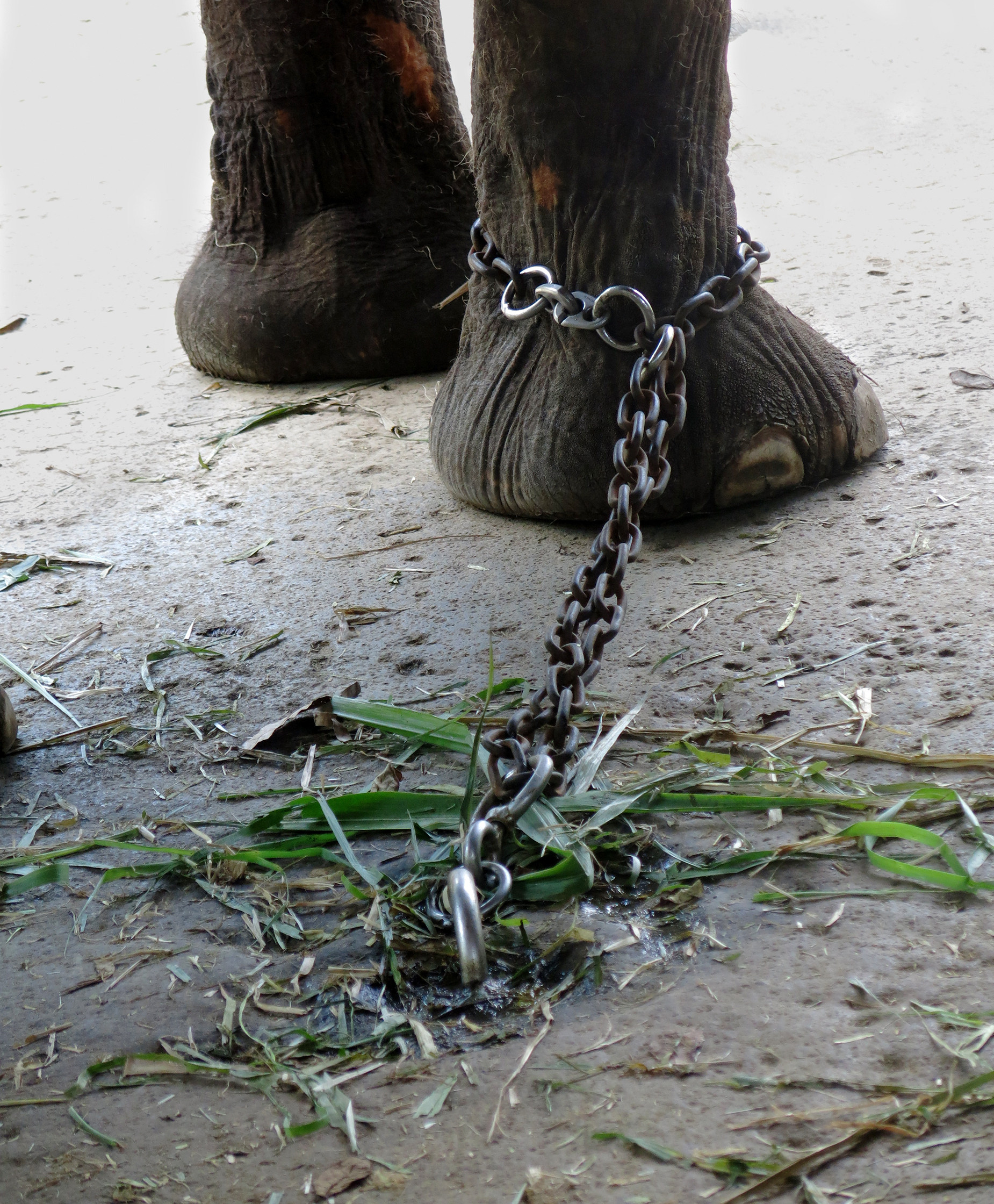
“Studies that assume that all the needs of complex, endangered wild animals such as elephants could be fully met in such an industry are based on a principally flawed, industry-biased premise,” he says. “Observation-only experiences are still a compromise as they continue to rely on a limited captive environment.
“But removing the tourist from the vicinity of the elephant allows for significantly more behavioural freedom through foraging, socialising and interacting with the environment.”
In a perfect world, all elephants would live in the wild. But in the real world, they cannot do so safely, so Mason and other operators feel that accredited, professionally run parks are the elephants’ safest and most ethical option.
As for whether to ride them or not, I believe it comes down to personal preference. I choose not to, but not because I believe it is harmful.
Standing close to an elephant, brushing its coarse skin with my hand and seeing it healthy and happy, is all the wildlife experience I need.
Dave Smith is an alias used to protect the author from Indonesia’s criminal defamation laws.






